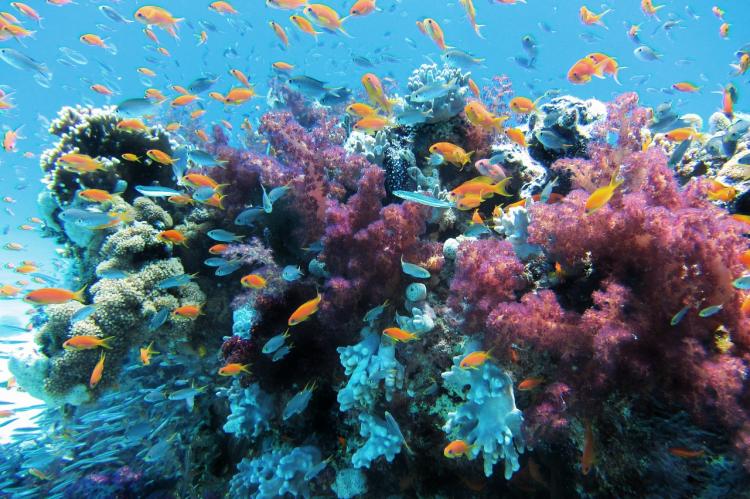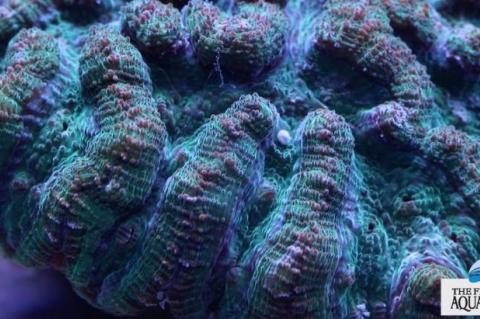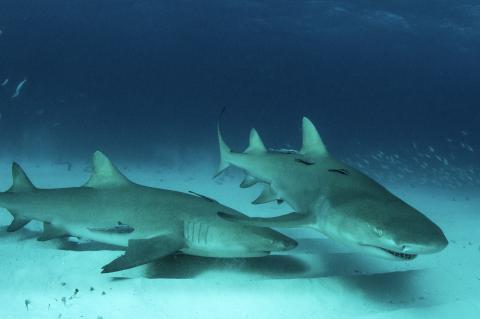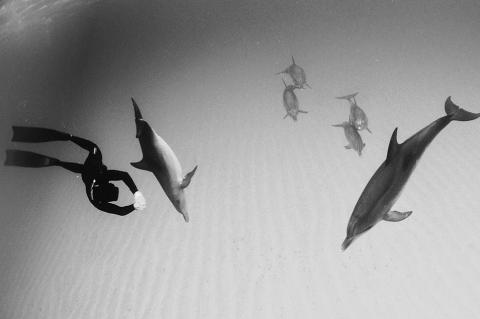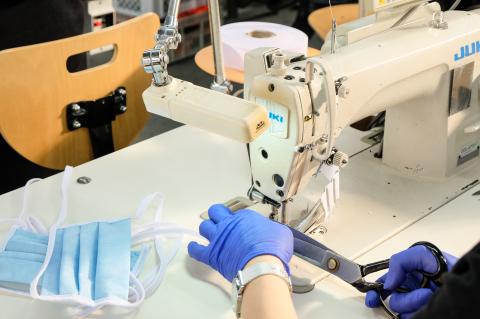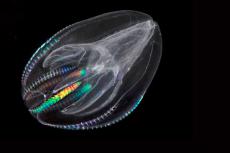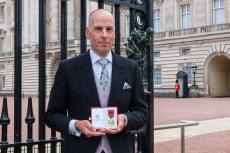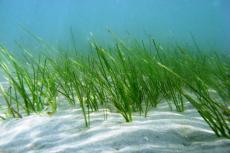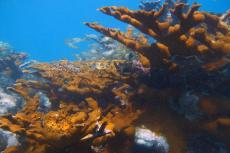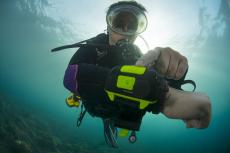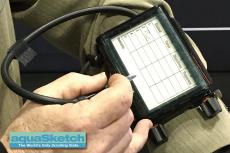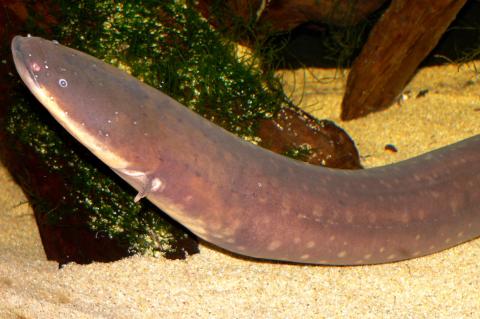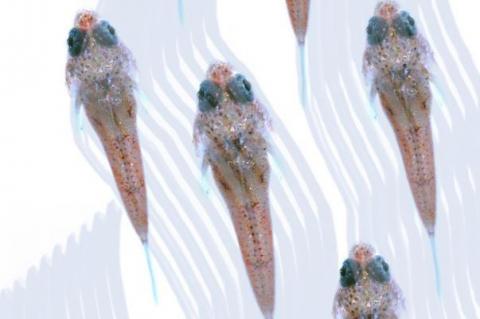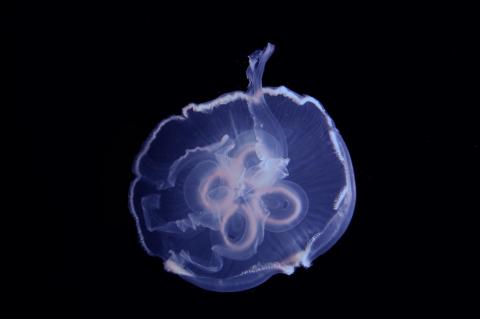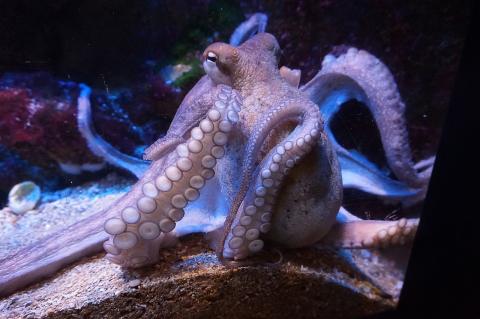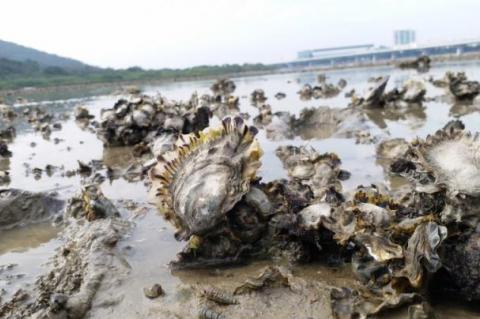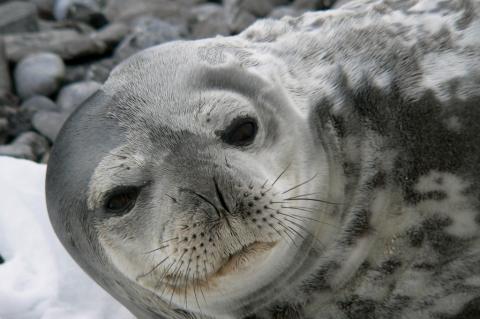Transplanting corals on damaged reefs can save them
A study by Harvard University undergraduate proves that transplanting corals in damaged reefs a success in the Caribbean.
Although efforts have been made to restore damaged coral reefs by transplanting new coral onto the damaged reefs, little has been done to measure the effectiveness of this method on the fish population in Caribbean reefs.
Then, when it came time for Harvard University undergraduate Annie Opel to do her thesis, she decided to combine it with her passion for ocean conservation. She wrote her thesis on examining the effects of reef restoration on the local fish populations in the coral reefs off St. Croix in the U.S. Virgin Islands.
"In St. Croix, they've been restoring corals since 2009," Opel said. “[But] no one is really looking at what's happening after the fact...so no one knows if this is an efficient way to restore [those] reef systems."
The fieldwork proved to be tedious. It involved out-planting corals and control plots in St Croix in March, then returning at the end of the academic year to plant some additional plots. And then came the tedious task of recording the fish species at every plot.
"Each survey day, I spent two hours underwater where I took five minute surveys on each of my 16 plots. I sat there with underwater paper and a clipboard and I would basically mark every fish I saw for that five minutes," she said.
"It was a steep learning curve, because I needed to learn how to identify every species of fish by sex and age before I started taking my surveys. I took surveys three times a week for all 16 plots, and I counted something like 15,000 fish in total, so it was a lot of sitting underwater in my bright orange wetsuit counting and identifying fish.”
What she discovered was encouraging. Not only were significantly more fish, they were of a greater diversity of species. What’s more, over time, additional new species would start visiting the site, thereby changing the composition of the fish community.
Postdoctoral fellow Joey Pakes Nelson described the project as “cool,” saying that “As a global community, we spend a lot of money on coral reef restoration, but few studies describe how this practice affects the reef community, so Annie's work provides justification for investments in this type of conservation.”
Opel’s study was published in the December 2017 issue of the journal Marine Biology.


